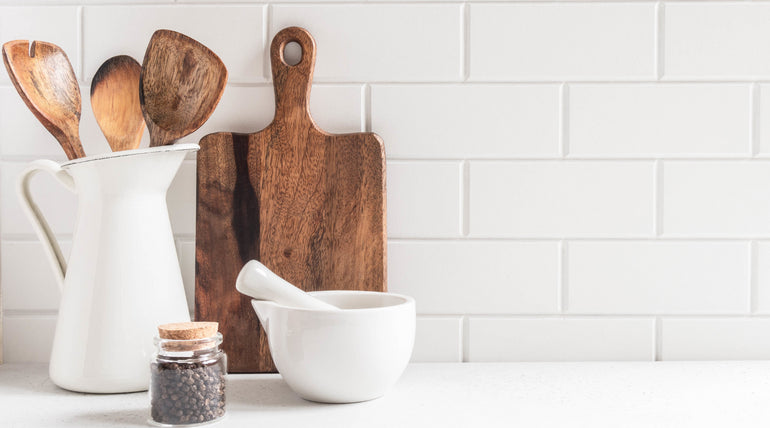Introduction:
Rubio Monocoat is a popular wood finish known for its durability and natural beauty. But is it safe for food contact? Some individuals may have concerns about using Rubio Monocoat on surfaces that come into contact with food, such as cutting boards or countertops.
In this article, we will closely examine Rubio Monocoat and its food safety attributes. We will delve into the ingredients found in Rubio Monocoat, as well as the testing that has been conducted to ensure its safety. Additionally, we will provide practical tips for applying Rubio Monocoat on food-related surfaces.
Body:
Rubio Monocoat is a hardwax oil finish crafted from natural ingredients, including linseed oil, tung oil, and carnauba wax. Furthermore, it is devoid of volatile organic compounds (VOCs) and other harmful chemicals.
Independent laboratories have rigorously tested Rubio Monocoat and have confirmed its suitability for food contact. It complies with the requirements outlined in the European Framework Regulation 1935/2004 for Food Contact Materials.
Tips for Applying Rubio Monocoat on Food Surfaces:
- Ensure that the wood surface is thoroughly clean and dry before applying Rubio Monocoat.
- Apply a thin coat of Rubio Monocoat and allow it to dry completely before using the surface.
- Periodically reapply Rubio Monocoat every few months to maintain the finish and protect the wood.
Conclusion:
Rubio Monocoat is indeed a food-safe wood finish, making it an ideal choice for cutting boards, countertops, and other surfaces that come in contact with food. It is composed of natural ingredients and is entirely free from VOCs and other harmful chemicals.


No comments:
Post a Comment